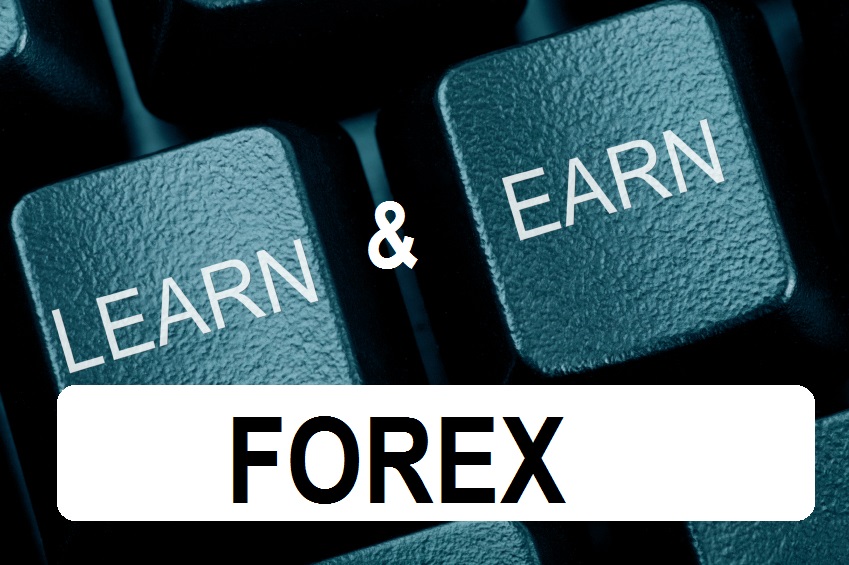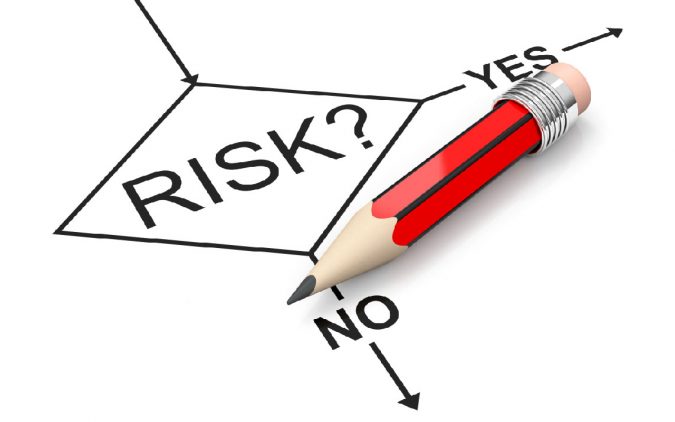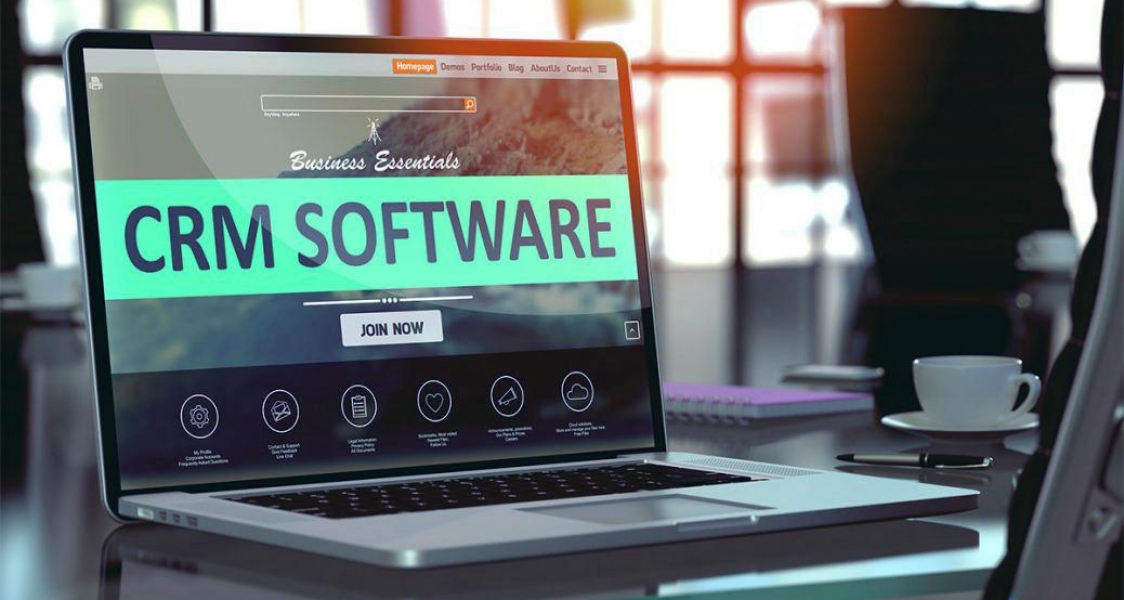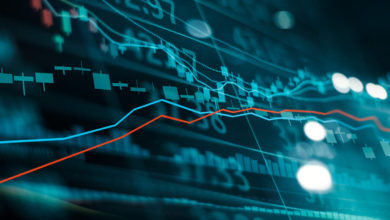
Top 10 Things You Need to Know About Forex Trading [Beginner’s Guide]
The foreign exchange market presents a challenge for traders. It is the biggest financial market in the world – with trillions of dollars converted every single day – and it’s also the most volatile, with big fluctuations in value possible.
So, if you’re a beginner dipping your toe into this market for the first time, what do you need to know?
1 Volatility isn’t necessarily a bad thing:
Before you begin, don’t go thinking that a volatile market is a bad one to trade in. It’s this volatility that attracts traders, who spot the chance to make money from the rise and fall in currency values. UK Spread betting enables investors to trade a broad range of assets, from forex and commodities to individual stocks, all on a single platform.
2 You do, however, need to know what you’re talking about:
The fact that it’s a potentially volatile market should serve as a warning sign. You need to have a thorough understanding of what this market is, and the potential pitfalls involved once you’ve made the decision to engage in FX trading and are looking for the best deals.
3 Start from the beginning, by looking at how the market works:
So, taking things right back to the start – how does Forex work? Well, foreign exchange – used interchangeably with the term forex or FX – involves making money from converting money from one currency to another. The art is to buy a currency that will grow in value – and sell one which is falling. The transactions are handled by brokers and can happen at any time as currency isn’t an asset that is limited by the opening hours of the stock exchanges.
4 The trading is carried out in pairs:
The trading is all done in pairs. So, GBP/USD is the pair involving the pound and the US dollar. In this instance, the pound is the ‘base’ currency and the dollar is the ‘quote’. The price of the pair relates to the value of one pound in dollars.
5 Choose to ‘go long’ or ‘go short’:
If you feel the pound will increase in value against the dollar you should buy this pair – or go long – as the value of your asset will increase. If you expect it to fall in value against the dollar you can ‘go short’ and sell to avoid losing value on your asset. From this brief description, we can already start to see the shape of the challenge. Picking the right time to ‘go short’ and ‘go long’ is important.
6 The falls can be quite dramatic – and there’s a recent example of this:
You only need to consider what happened to the pound after the EU Referendum to see what could happen here. The difference between the eve of the ballot and the lowest point was 19 percent – massively significant if you’re a forex trader. It’s bad news if you held money in sterling, clearly, but also good news for those who invest in the US dollar, who increased their wealth considerably.
7 It’s easy to get it wrong if you fail to predict the market:
There are a great many factors that can influence the value of the currency. Whether it’s an election that will bring big political change, a change in focus at the Chinese Community Party Congress or the fallout of a natural disaster or poor crop yield. It’s not easy to predict what will happen – but failing to spot something big that’s happening could leave you out of pocket.
8 You need to be able to hold your nerve to succeed:
With any investment, you can be tempted to panic if you’re not careful. A big speech or announcement can spark a short dip in the markets. It’s important not to get carried away. This dip can easily be wiped out by another competing factor. You cannot afford to jump at every twist and turn.
9 You shouldn’t risk too much of your money:
As Investopedia notes, a trader really shouldn’t risk any more than one percent of capital on a single trade – and ideally this should be far lower.
10 Traders can’t afford to have unrealistic expectations:
Want to retire next week on a forex windfall? It’s probably not going to happen. You can make decent money with a smart investment in forex – but you need to set sensible, realistic goals.
Not sure if you’re ready? Why not set up a trial account and test out your trading tactics? It’s a useful way of seeing for yourself what will happen without losing your hard earned money.


















